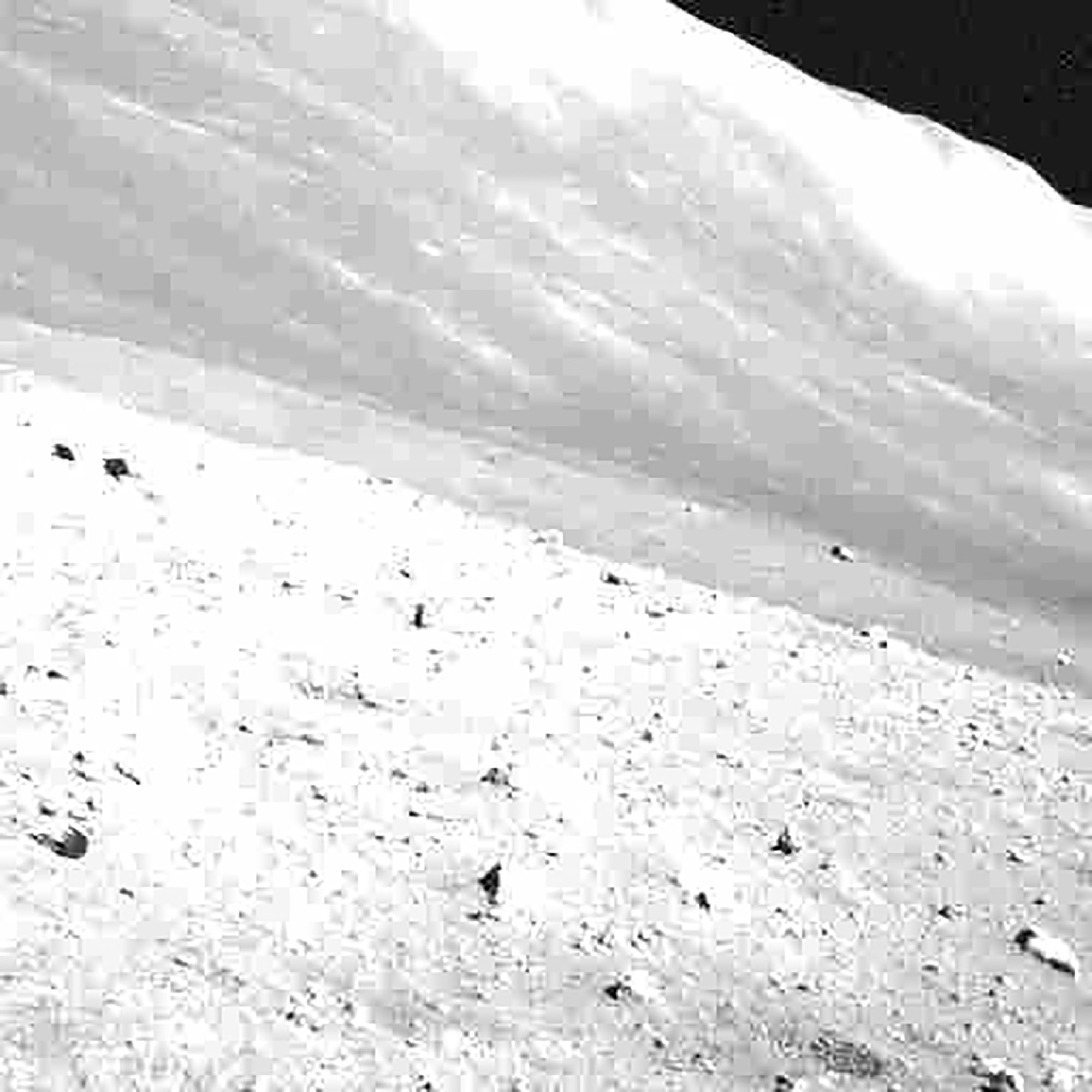Japan's moon lander wasn't built to survive a weekslong lunar night. It's still going after 3
Japan’s first moon lander has survived a third freezing lunar night, Japan’s space agency said after receiving an image from the device three months after it landed on the moon

Your support helps us to tell the story
From reproductive rights to climate change to Big Tech, The Independent is on the ground when the story is developing. Whether it's investigating the financials of Elon Musk's pro-Trump PAC or producing our latest documentary, 'The A Word', which shines a light on the American women fighting for reproductive rights, we know how important it is to parse out the facts from the messaging.
At such a critical moment in US history, we need reporters on the ground. Your donation allows us to keep sending journalists to speak to both sides of the story.
The Independent is trusted by Americans across the entire political spectrum. And unlike many other quality news outlets, we choose not to lock Americans out of our reporting and analysis with paywalls. We believe quality journalism should be available to everyone, paid for by those who can afford it.
Your support makes all the difference.Japan’s first moon lander has survived a third freezing lunar night, Japan’s space agency said Wednesday after receiving an image from the device three months after it landed on the moon.
The Japan Aerospace Exploration Agency said the lunar probe responded to a signal from the earth Tuesday night, confirming it has survived another weekslong lunar night.
Temperatures can fall to minus 170 degrees Celsius (minus 274 degrees Fahrenheit) during a lunar night, and rise to around 100 Celsius (212 Fahrenheit) during a lunar day.
The probe, Smart Lander for Investing Moon, or SLIM, reached the lunar surface on Jan. 20, making Japan the fifth country to successfully place a probe on the moon. SLIM on Jan. 20 landed the wrong way up with its solar panels initially unable to see the sun, and had to be turned off within hours, but powered on when the sun rose eight days later.
SLIM, which was tasked with testing Japan's pinpoint landing technology and collecting geological data and images, was not designed to survive lunar nights.
JAXA said on the social media platform X that SLIM's key functions are still working despite repeated harsh cycles of temperature changes. The agency said it plans to closely monitor the lander's deterioration.
Scientists are hoping to find clues about the origin of the moon by the comparing mineral compositions of moon rocks and those of Earth.
The message from SLIM came days after NASA restored contact with Voyager 1, the farthest space probe from earth, which had been sending garbled data back to earth for months.
An U.S. lunar probe developed by a private space company announced termination of its operation a month after its February landing, while an Indian moon lander failed to establish communication after touchdown in 2023.